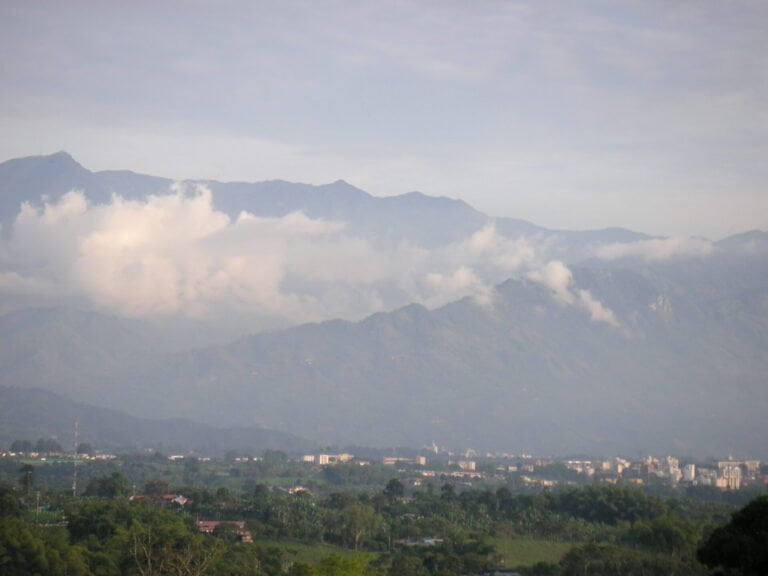Is It Possible to Enter Gaza Strip?
Entering the Gaza Strip is a complex and challenging endeavor, heavily restricted by Israel's blockade and Egyptian border controls. While it's possible to enter, you'll need to navigate a web of permits, approvals, and security protocols. Israel's border control is strict, with thorough security checks and intense scrutiny, while Egypt's Rafah Border Crossing is often closed or restricted due to security concerns. Special permits and approvals are required, and even then, admission is not guaranteed. If you're determined to visit, be prepared for a challenging and unpredictable journey, and get ready to uncover the resilience and determination of the Gazan people.
Understanding the Current Situation
Understanding the Current Situation
As the Gaza Strip's tumultuous history continues to unfold, the current situation remains shrouded in complexity, marked by a delicate balance of power and a deepening humanitarian crisis. The Strip, home to nearly two million Palestinians, has been under Israeli blockade since 2007, severely limiting the movement of people and goods. The economy is in shambles, and the humanitarian situation is dire, with widespread poverty, unemployment, and lack of access to basic necessities like clean water and electricity. Meanwhile, tensions between Israel and Hamas, the Strip's ruling authority, remain high, with periodic outbreaks of violence and unrest. Amidst this uncertainty, understanding the intricacies of the Gaza Strip's current situation is essential for anyone considering entry into this volatile region.
As the Gaza Strip's complex dynamics come into focus, the often-daunting task of traversing Israel's border control awaits, with strict regulations and intense scrutiny greeting those who seek to enter this contested region. To navigate this challenging process, it's essential to understand the rules and requirements. Israel's border control is primarily managed by the Israeli Defense Ministry, which enforces strict security protocols to safeguard the safety of its citizens and visitors. Travelers must obtain the necessary permits, undergo thorough security checks, and provide detailed documentation to justify their entry. Be prepared for lengthy questioning, and be aware that even with proper documentation, admission is not guaranteed.
Egypt's Role in Gaza Access
Anyone attempting to enter the Gaza Strip from the south must contend with Egypt's complex and often unpredictable role in regulating access to the territory. Egypt's Rafah Border Crossing, the only entry point into Gaza not controlled by Israel, is subject to frequent closures and restrictions. The Egyptian authorities often cite security concerns or regional tensions as reasons for these closures, leaving travelers stranded or forced to reroute through Israel. Despite efforts to improve coordination, the lack of transparency and consistency in Egypt's policies can make planning a trip to Gaza a challenge. As a result, would-be visitors must remain flexible and prepared for last-minute changes, relying on up-to-date information and local expertise to navigate this unpredictable landscape.
Special Permits and Approvals
You'll need to secure special permits and approvals from various authorities before entering the Gaza Strip, a process that can be time-consuming and requires meticulous planning. The Israeli government, Palestinian authorities, and local NGOs may all require separate permits, each with its own set of rules and regulations. Journalists, humanitarian workers, and diplomats often have an easier time obtaining permits, but tourists and individuals may face more challenges. Be prepared to provide detailed itineraries, proof of purpose, and personal information to support your application. Allow ample time for processing, as delays are common. With persistence and patience, you can navigate the complex permit system and gain access to this restricted region.
Realities of Life Inside Gaza
Once you've navigated the complex permit system, you'll encounter a vastly different reality inside Gaza, where the daily lives of its 2 million residents are shaped by a unique blend of cultural heritage, economic hardship, and political uncertainty. The strip's rich history and vibrant culture are palpable in its bustling markets, ancient mosques, and warm hospitality. However, the harsh realities of poverty, unemployment, and limited resources are equally evident. The air is thick with the smell of fuel from generators, as the Strip struggles with frequent power outages. Despite these challenges, the resilience and determination of the Gazan people shine through, as they work to rebuild and revitalize their community.

